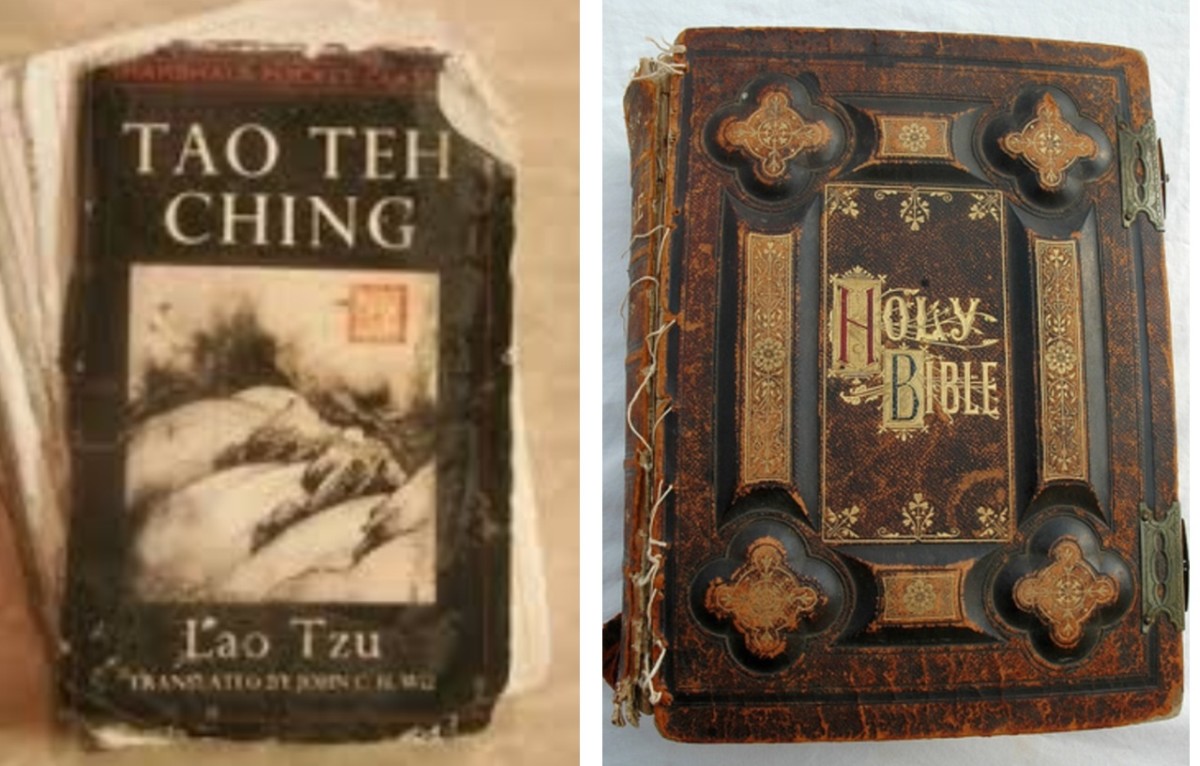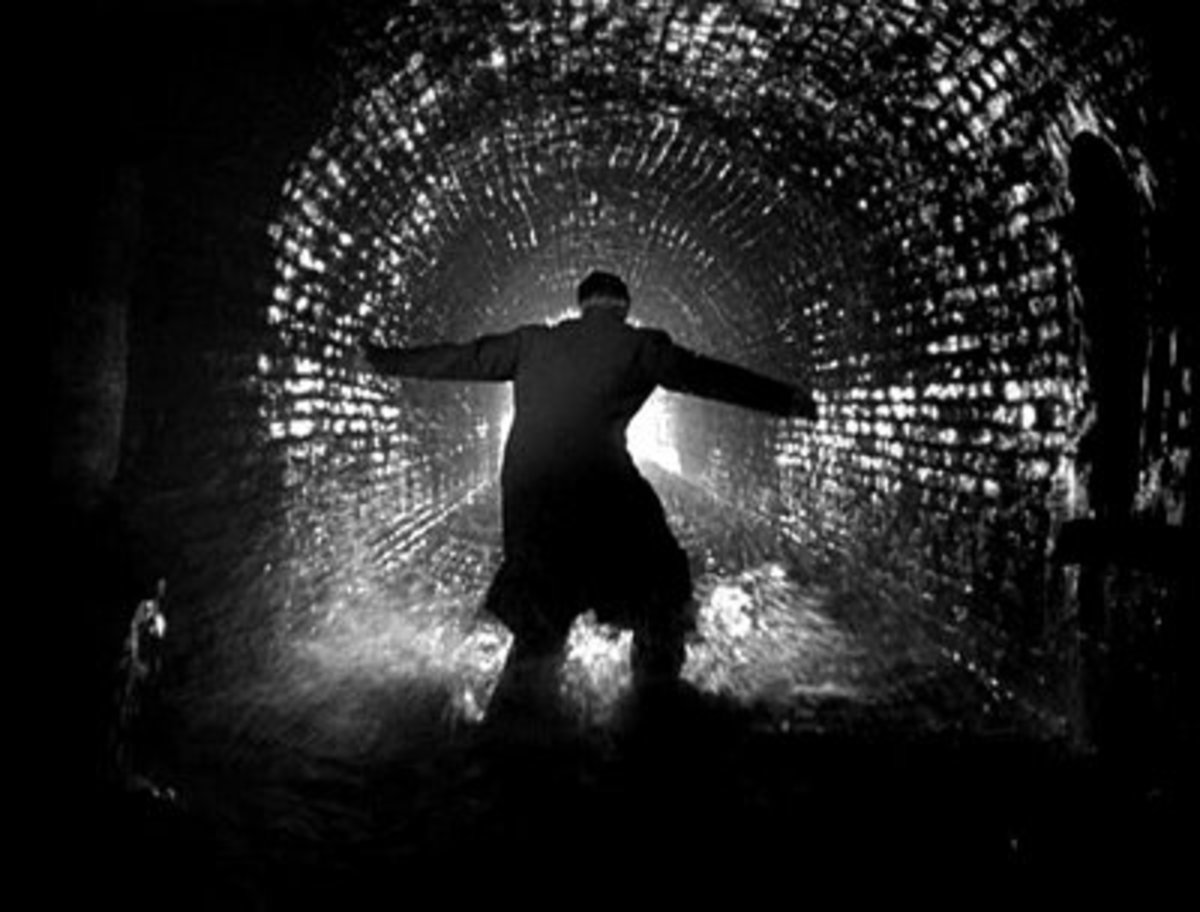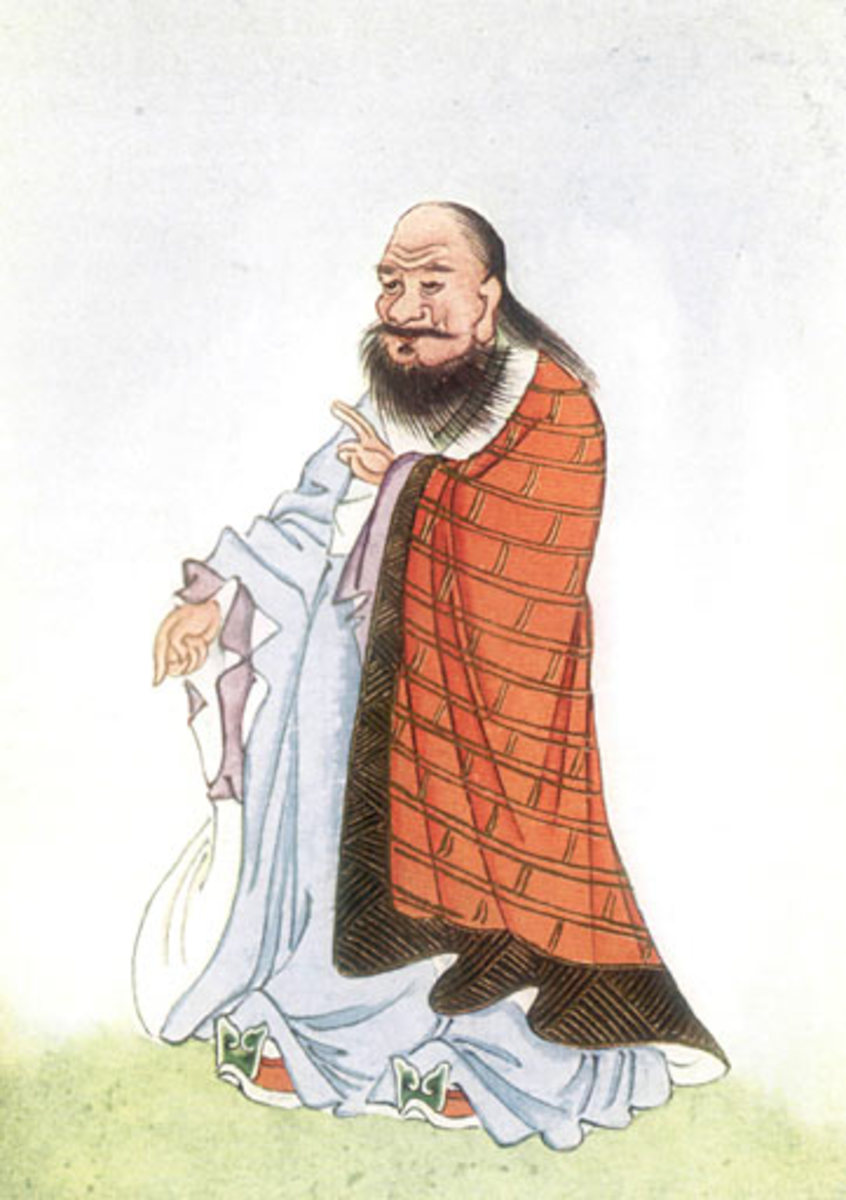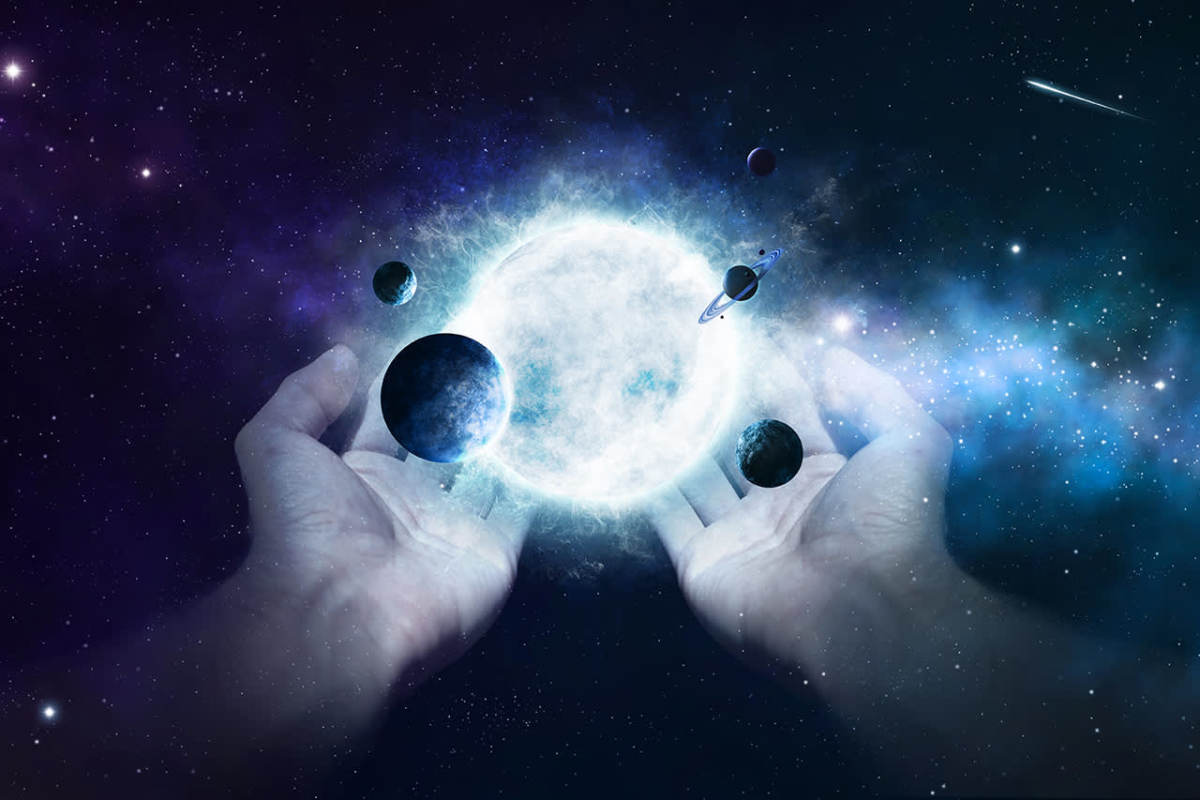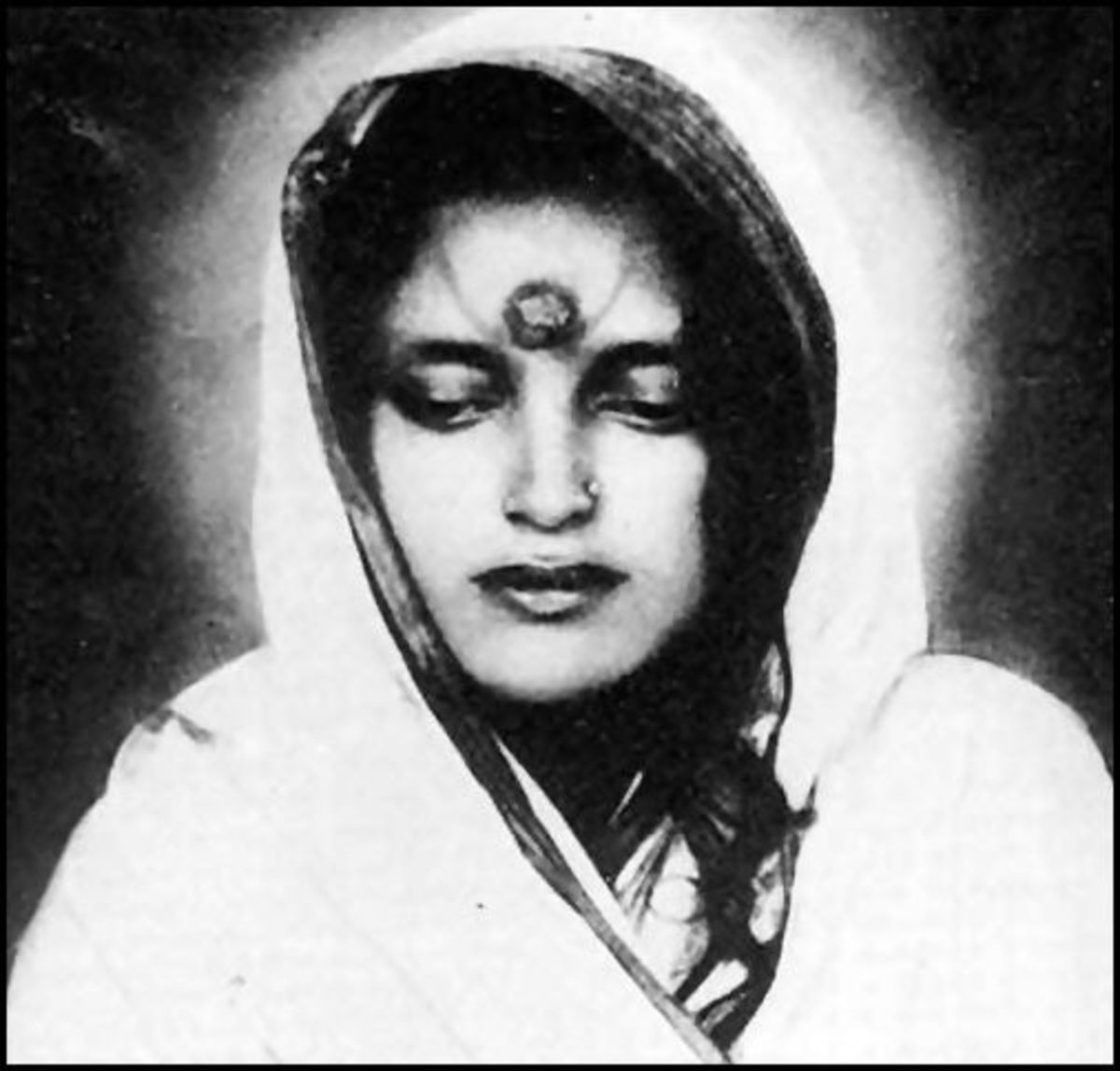Tao for Today; Verse 4
Tao Te Ching
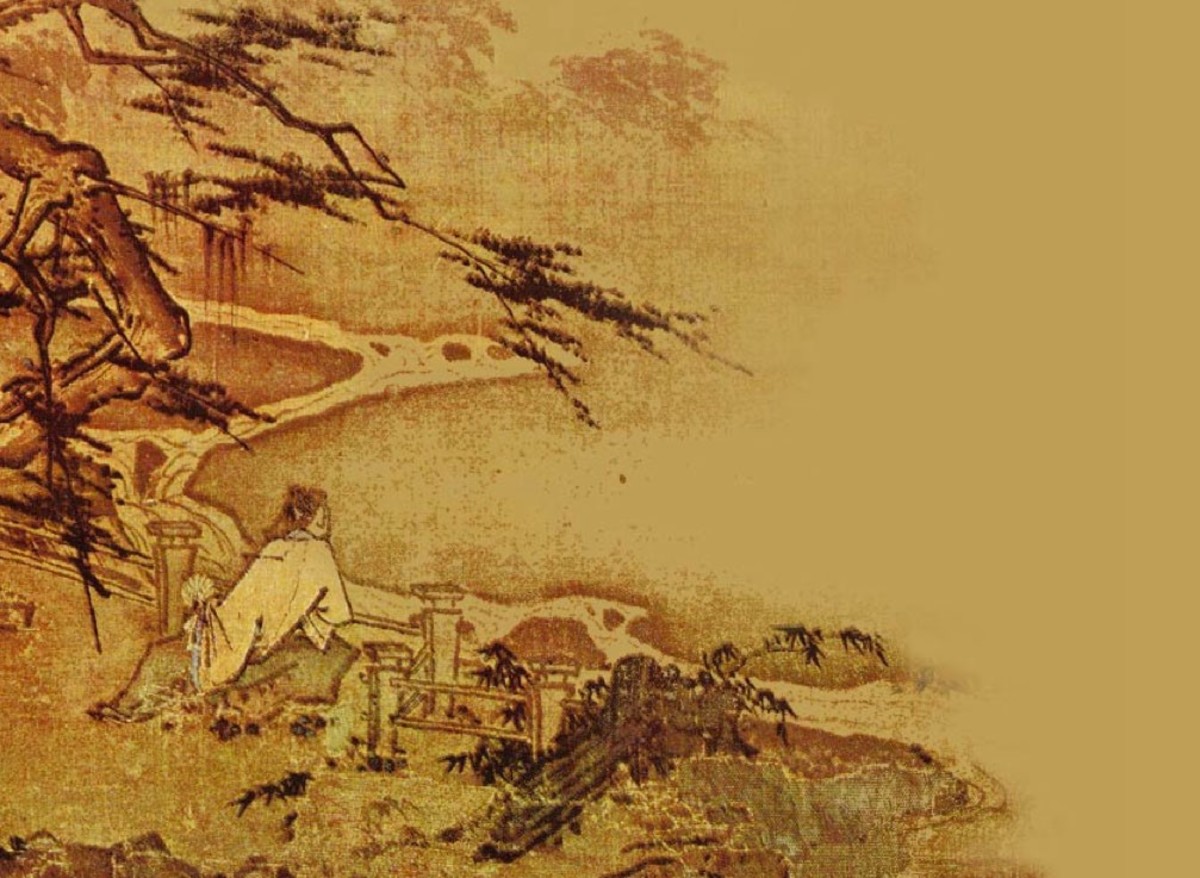
What is the Tao Te Ching?
The Tao Te Ching is a philosophical text written by Lao-tzu, a philosopher and historian, during the time of Confucius. This text, written in two parts, with eighty-one short sections or verses, serves as a philosophical and spiritual guidepost.
The term "Tao" means way or path. In many philosophical works, this term refers to a calling. In the Tao Te Ching, the term Tao refers to a much larger metaphysical principal, a universal oneness, from which all things come, and to which all things return. While "Tao", is a path, and a way, the meaning is much broader, encompassing and mysterious.
The term "Te" refers to the moral power and virtue associated with one who follows a correct path. In the Tao Te Ching, Te refers more to the virtue one gains by following Tao, the way.
Finally, the term "Ching" refers to the rules or the plan. The Tao Te Ching is a guidebook of rules or suggestions to gain virtue by following a path.
A literal translation would be "Virtue Way Rules."
The perennial wisdom presented within the Tao Te Ching seems mysterious and complex with first reading. Upon further inspection, meaning recedes further, until the text seems convoluted and impossible to understand. Such is the mystery of Tao. Rather than wrestle with meaning, absorb the words and let the Tao speak to you.
Tao Te Ching Verse Four
Tao is empty-
Its use never exhausted.
Bottomless-
The origin of all things.
It blunts sharp edges,
Unties knots,
Softens glare,
Becomes one with the dusty world.
Deeply subsistent-
I don't know whose child it is.
It is older than the Ancestor.
Translated by Stephen Addiss and Stanley Lombardo
Another Translation of Verse Four
Tao is forever flowing.
And yet it never overflows in its effectiveness.
It is an abyss like the ancestor of all things.
It mellows their acuity.
It dissolves their confusion.
It mitigates their brightness.
It unites itself with their dust.
It is deep and yet as if real.
I do not know whose son it is:
It seems to be earlier than God.
Translation by Richard Wilhelm
Tao is Limitless

What Does It Mean?
Consider the sky. It's vastness continually changes. Staring into the blue depths of a cloudless sky one might see emptiness. The Sage realizes the fullness of the sky, like the fullness of Tao, is inexhaustible and always changing.
Stare into the depths of another persons eyes. Without fear, the Sage faces another eternal soul. The soul is inexhaustible and always changing.
At birth the Sage is filled with unlimited possibilities. The world imposes restriction. Tao frees the Sage and opens one to endless possibility and mystery. The Sage challenges worldly limitation. Not with fear or force, the Sage moves forward through limitation, realizing the depths of eternal Tao.
The Sage is aware of infinity. Our lives are not confined to the identity of a physical body. Who we are exists with the timeless Tao.
The infinite Tao provides all we need. The sage experiences life as infinite. Awareness of Tao allows the Sage to rest in completeness. Without fear, the sharp edges of the constrained body smooth into the gentle curves of the eternal Tao.
Today, release fear. Do not limit yourself with the physical world. Realize that who you are will continue long after your body has ceased it's journey.
Much as the limitless sky, the soul also expands infinitely. We are all one, part of an infinite wholeness. There is nothing to fear.
Namaste.
This content is accurate and true to the best of the author’s knowledge and is not meant to substitute for formal and individualized advice from a qualified professional.
© 2010 Deborah Demander

